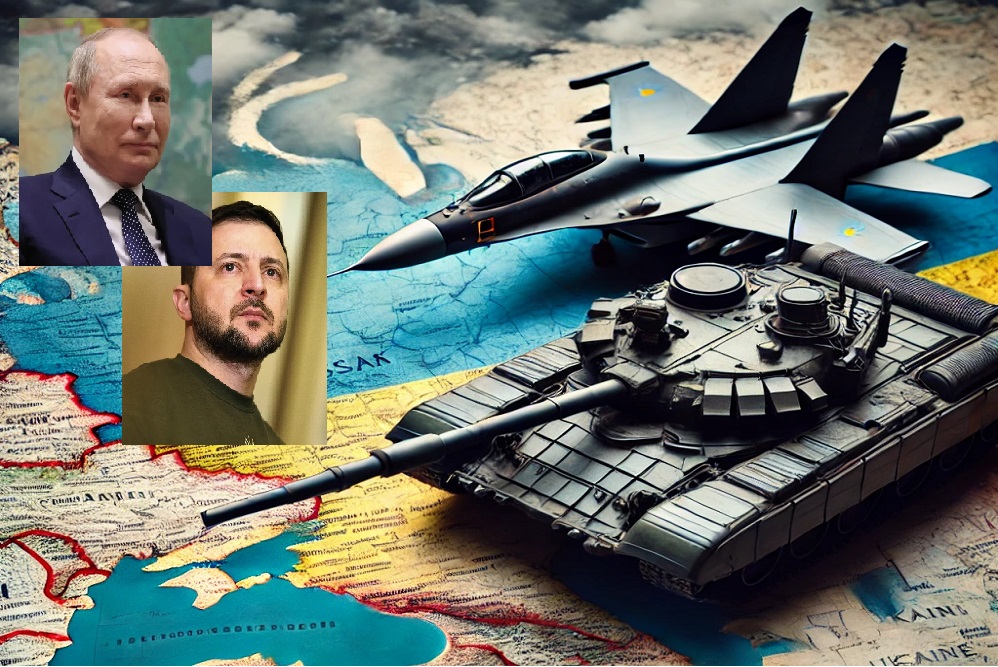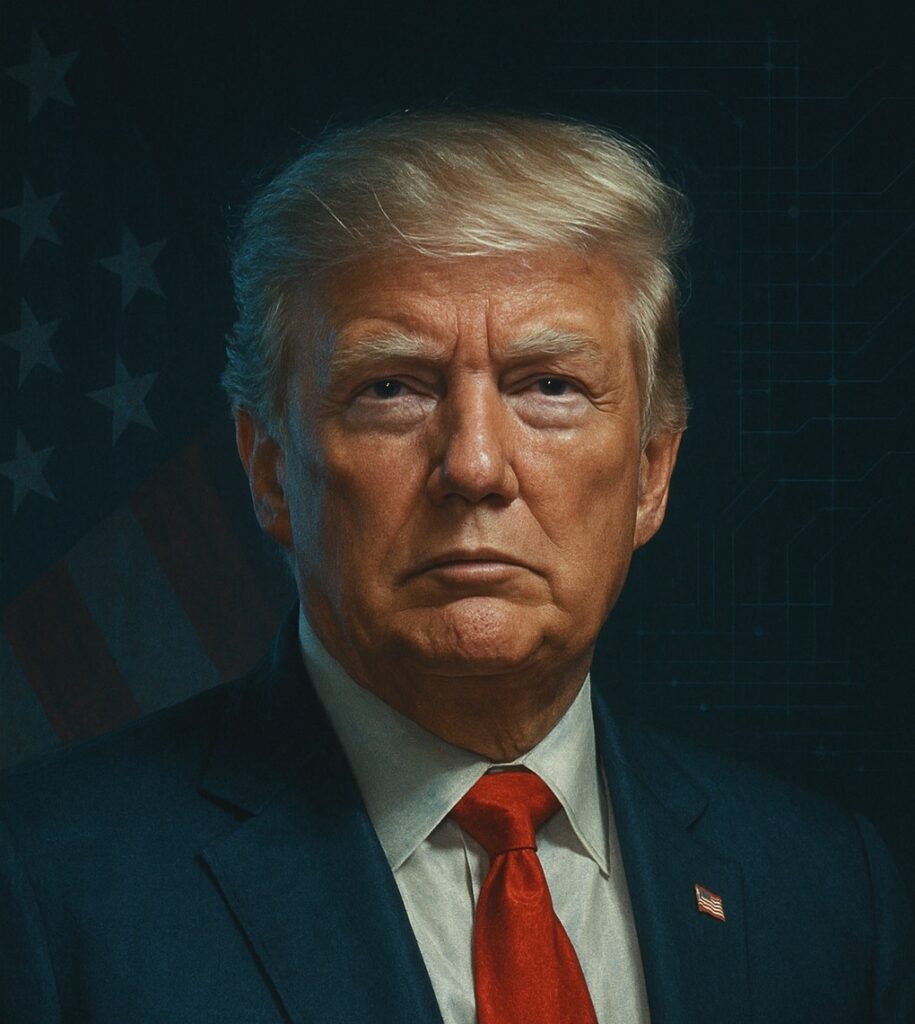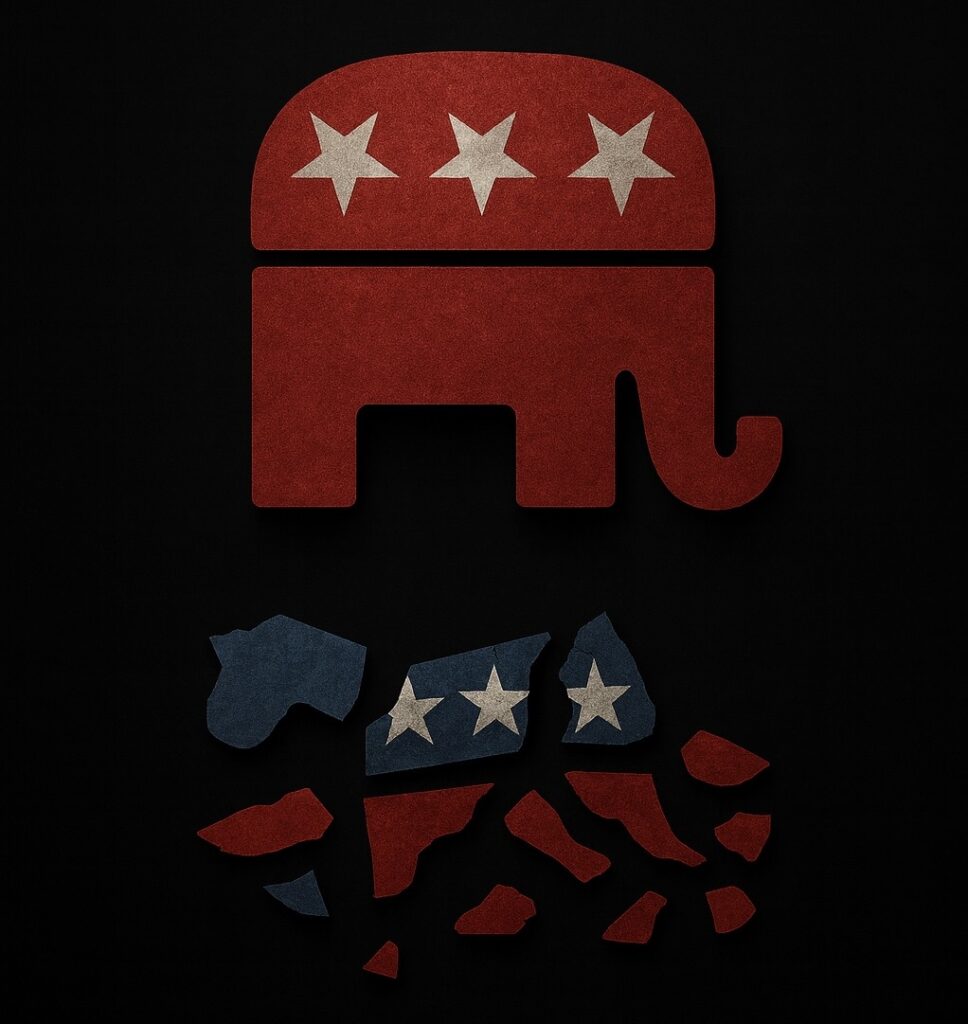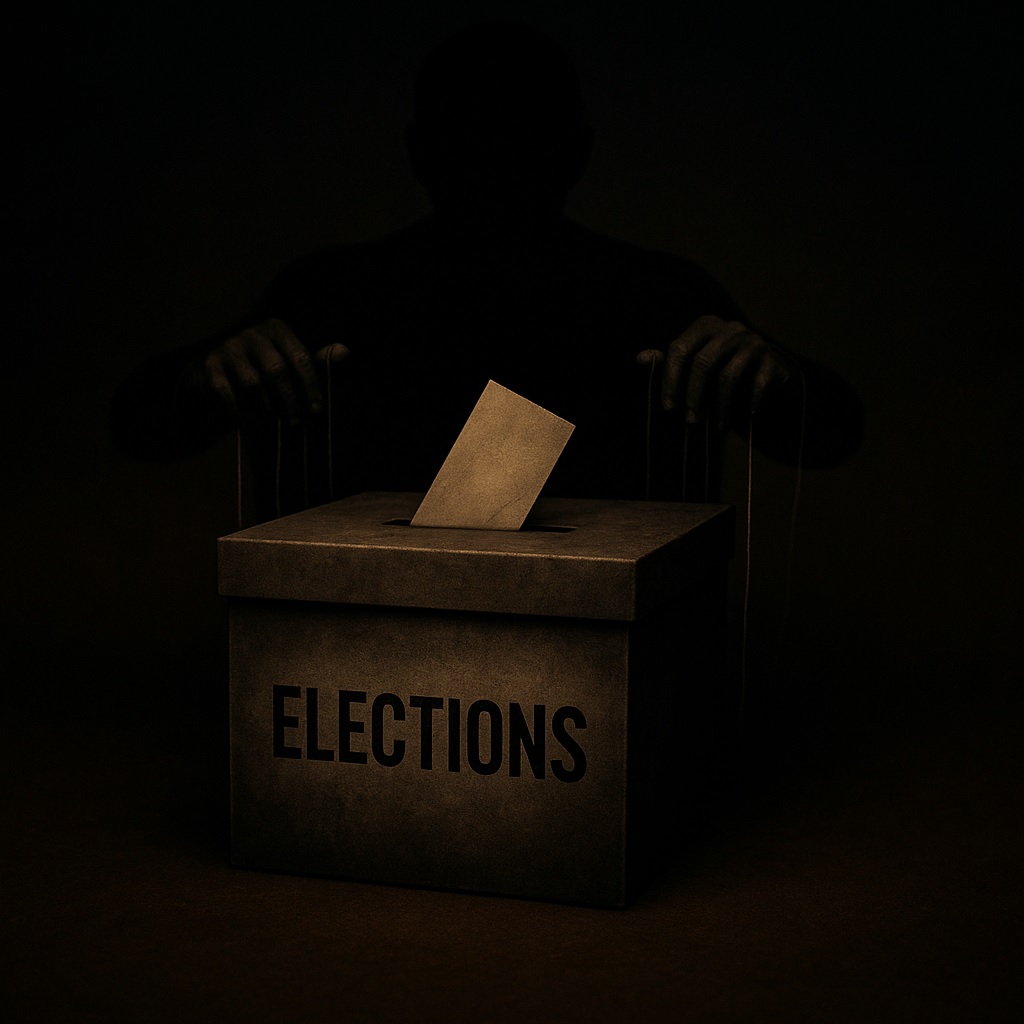The Russia-Ukraine war is not a mere regional clash—it is a geopolitical earthquake with consequences stretching far beyond Eastern Europe. It has divided families, destroyed cities, and claimed hundreds of thousands of lives. Yet its effects are not confined to Russia and Ukraine: the conflict involves NATO, the United States, China, and the global order itself.
Inside America, the war has fueled bitter political divisions. Democrats insist it is about defending democracy against Russian authoritarianism. Republicans counter that globalist interests, NATO expansion, and the military-industrial complex are the real drivers. The truth lies in examining history, leadership, motives, and the terrible human cost. Only then can Americans grasp why this war began—and why it must end before it escalates into something far worse.
HISTORICAL CONTEXT: ROOTS OF THE CONFLICT
Russia and Ukraine share centuries of history, culture, and Orthodox Christian faith. Ukraine was long part of the Russian Empire and later the Soviet Union. The scars of the Holodomor famine of the 1930s, when millions of Ukrainians perished under Stalin, left a permanent wound.
When the Soviet Union collapsed in 1991, Ukraine declared independence but remained economically and culturally tied to Russia. That changed dramatically with the 2014 Maidan Revolution, when a pro-Russian president was ousted in what Moscow saw as a Western-backed coup. Ukraine’s shift toward NATO and the EU was perceived by Russia as an existential threat. To Putin, NATO’s steady march eastward was the equivalent of missiles being placed on America’s borders. The seeds of the 2022 invasion were planted years earlier.
LEADERSHIP CONTRAST: PUTIN VS. ZELENSKY
Vladimir Putin is no novice. A former KGB officer and seasoned strategist, he views himself as the defender of Russian sovereignty against globalist encirclement. His mission is not just Ukraine but preventing NATO from planting itself in Russia’s backyard. To his people, he embodies resistance to Western domination.
Volodymyr Zelensky, by contrast, was a comedian and television star before politics. His 2019 rise was fueled by oligarchs and media manipulation. Critics argue his presidency is more performance than statesmanship. Instead of pursuing peace, he banned opposition media, jailed rivals, and tethered Ukraine’s fate to NATO. His reliance on Western money and weapons—and his refusal to negotiate—make him appear more like a globalist puppet than an independent leader.
AMERICA’S ROLE: FAILURE, CORRUPTION, AND DIVISION
The Biden administration inherited a fractured world but compounded it with blunders. The disastrous Afghanistan withdrawal in 2021 exposed American weakness. Billions in taxpayer dollars left behind, soldiers dead, and allies betrayed—this collapse emboldened adversaries.
Adding to suspicion, Hunter Biden’s business dealings in Ukraine raise questions about conflicts of interest. Was U.S. support for Ukraine shaped by genuine democratic ideals—or by corruption and private gain? The perception of entanglement weakens trust at home and abroad.
Meanwhile, Biden and Harris frame the war as a defense of global democracy, yet critics argue it is a reckless proxy war that risks nuclear confrontation while enriching arms manufacturers.
WHO BENEFITS FROM THIS WAR?
- Globalist elites see Russia’s weakening as a step toward centralized world governance.
- Defense contractors profit enormously, with billions in weapons sold.
- NATO gains renewed relevance and justification for expansion.
- China, officially neutral, enjoys a freer hand in Asia as the West remains distracted—and strengthens its partnership with Russia.
Ordinary Russians, Ukrainians, and Americans do not benefit. They bear the costs.
AMERICA DIVIDED: DEMOCRATS VS. REPUBLICANS
Democrats claim the U.S. has a moral duty to defend Ukraine, casting the war as democracy versus dictatorship. Biden positions America as leader of a global cause.
Republicans increasingly resist this narrative. Figures like Tucker Carlson highlight Putin’s perspective: that NATO’s expansion and Western manipulation provoked this war. They argue U.S. involvement primarily serves global elites, not the American people.
This divide is more than partisan bickering—it reflects two competing visions of America’s role in the world: savior or exploited financier.
THE HUMAN COST: BROTHERS AT WAR
The war has devastated Ukraine—its cities bombed, millions displaced, and entire generations scarred. Tens of thousands are dead. Infrastructure and industry lie in ruins.
Russia too has paid heavily. Sanctions batter its economy, and thousands of soldiers have died. But perhaps the gravest tragedy is the fraternal split: two nations intertwined by blood and culture now set against each other, with wounds that may take generations to heal.
TRUMP VS. ZELENSKY: PEACE OR PERPETUAL WAR?
When Zelensky visited the Oval Office, his plea was not for peace but for more money and more weapons. He dismissed ceasefire proposals, gambling with global security. Donald Trump countered bluntly:
“Either make a deal or we are out… You’re gambling with World War III.”
Trump’s stance emphasized peace through negotiation. Zelensky’s refusal underscored his role as a wartime figurehead, sustaining conflict for the benefit of globalist backers and the military-industrial complex. The contrast was stark: one leader pushing for diplomacy, the other demanding escalation.
WHY THIS WAR MUST END
Wars do not end when aggressors or avoiders dominate. They end when peacemakers step forward—leaders willing to say, “You might be right, and I might be wrong. Let us stop the killing before no sons are left.”
But when puppets and profiteers control the narrative, war drags on. Globalists gain. Defense contractors thrive. And ordinary families are shattered.
If Zelensky and his backers refuse to seek peace, the world risks spiraling toward nuclear confrontation. Only diplomacy, truth, and genuine leadership can avert catastrophe.
WHAT IS AT STAKE FOR AMERICA
Beyond the foreign battlefields, the war directly impacts American households. Inflation, rising fuel costs, and supply chain shocks have been worsened by Washington’s endless spending on Ukraine. Every billion sent abroad is a billion not invested in securing America’s borders, rebuilding cities, or supporting veterans at home.
Meanwhile, the greatest danger lies in escalation. A miscalculation could trigger NATO’s direct involvement, inviting a clash between nuclear powers. No victory could justify the destruction of entire nations or the collapse of global stability. The lesson of history is clear: great wars rarely begin with design—they spiral from arrogance, greed, and misjudgment. America must not let this conflict become the fuse for World War III.
CONCLUSION: A TEST OF DEMOCRACY
The Russia-Ukraine war is more than a border conflict—it is a test of America itself. Is U.S. foreign policy about defending freedom, or about serving globalist interests? Will leaders pursue peace, or feed perpetual war for profit?
For American democracy to survive, the people must demand transparency, accountability, and an end to endless foreign entanglements. The war must end—not only for Russians and Ukrainians but for the survival of freedom worldwide.




